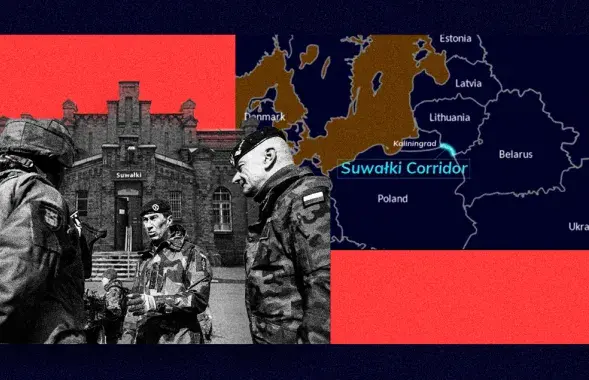Kazakh phosphorous shipped through Belarus at night
Mikhail Valadzko, a Belarus Railways official in Baranavicy (one of the major railway hubs in this country), has confirmed that the yellow phosphorous is indeed transited through this station, but the shipment had started before the accident took place in Ukraine.
“I don’t have any information that we have faced an increase in the transit of phosphorous. Belarus Railways had signed a contract to supply part of the transit to Europe, and the volume is just at the same level as it was before,” Valadzko said.
A total of 60 cisterns with the Kazakh phosphorous have passed through Baranavichy over the past seven months, according to the railway official. However, the Ukraine’s accident made the Belarusians set up a special commission to crosscheck safety on the hazardous route.
“We have inspected this route afresh. We were ready and are ready now to facilitate the transit of yellow phosphorous through our territory,” Valadzko added.
Reflecting on the possible cause of the accident in Ukraine, Valadzko suggested that it might have occurred not only due to a bad technical condition of the railway but also due to a defect or malfunction on the cistern carrying the phosphorous. Therefore, he focused on how the technical condition of cisterns is checked, in respond to a question from the European Radio for Belarus.
“Railway workers routinely check the technical condition of barrels and wheel pairs. This is done at every station. In addition, there are field safety check-points on the route. Everything has been okay so far. As far as the yellow phosphorous is concerned, we can guarantee that there will be no problems,” Valadzko said.
Ivan Lazar who oversees safety during the transportation of hazardous cargo at the Department of Safety in Industry and Atomic Energy has also confirmed that no incidents associated with the transit of hazardous cargo on the railway have been reported in the past seven months.
“There were no incidents or accidents. We have also reduced the number of routes for such a cargo. Everything is under rigid control. The cargo has a mandatory supervision,” Lazar said.



















